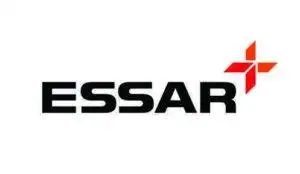Types of formwork - Pros and Cons
The term “formwork” refers to a mould into which wet concrete is poured to achieve the required shape. It is built from a variety of materials such as wood, steel, fibre, plastic, plywood, and so on, depending on the design, construction, budget, and usage requirements. The main criterion of such a mould constructed of any material is that it must be sturdy enough to handle enormous loads, have leak-proof seams, and not harm concrete, among other things.
The pros and disadvantages of various materials used to create a needed mould are addressed below:
Timber: Timber is one of the most prevalent materials used in the construction of formwork. Timber has been used as a material to manufacture moulds since ancient times as timber, logs, and other items, and it is one of the most cost-effective possibilities when compared to other materials.
Advantages: Because timbers are light in weight, they are easy to handle on building sites; they are also simple to cut to various sizes as needed, and moulds built of timber are simple to deconstruct.
Disadvantages: Moulds made of wood are not as robust as metal moulds since the life of a timber mould is relatively short, thus it cannot be used for a long time.
Plastic: Plastic moulds might be employed in regions where the structure design is intricate. Moulds composed of glass-reinforced plastic are routinely employed in such situations. In other circumstances where the concrete structure is particularly intricate, vacuum-formed polymers are also utilised.
Advantages: Plastic is lightweight, resilient, and long-lasting; complicated design moulds may be easily created from plastic, and old plastic moulds can be recycled and reused. Plastic formworks are also easy to install, easy to dismantle and leakproof.
Disadvantages: Plastic moulds are more expensive than plywood and wood.
Steel: Steel is the most costly material utilised in the construction of formwork. When compared to other types of mounds, this one may be utilised the most times. Moulds of this type provide an extremely smooth and consistent finish. Steel moulds are often utilized in large construction projects such as bridges and dams.
Advantages: Steel formwork has several advantages, including the ability to support a big weight, the ability to be reused a large number of times, and the ease of installation and removal.
Disadvantages: Steel formworks are highly costly; they cannot be framed to the appropriate shape and size; and, since they are composed of steel, they are prone to rust.
Nova’s shuttering system is modular in nature, is re-usable, and is Eco-friendly. It gives more than 100 repetitions and is cost-effective. It is easy to install and strip and does not require skilled labour. So what are you waiting for? Plan your next mega project with Nova Formworks.


































